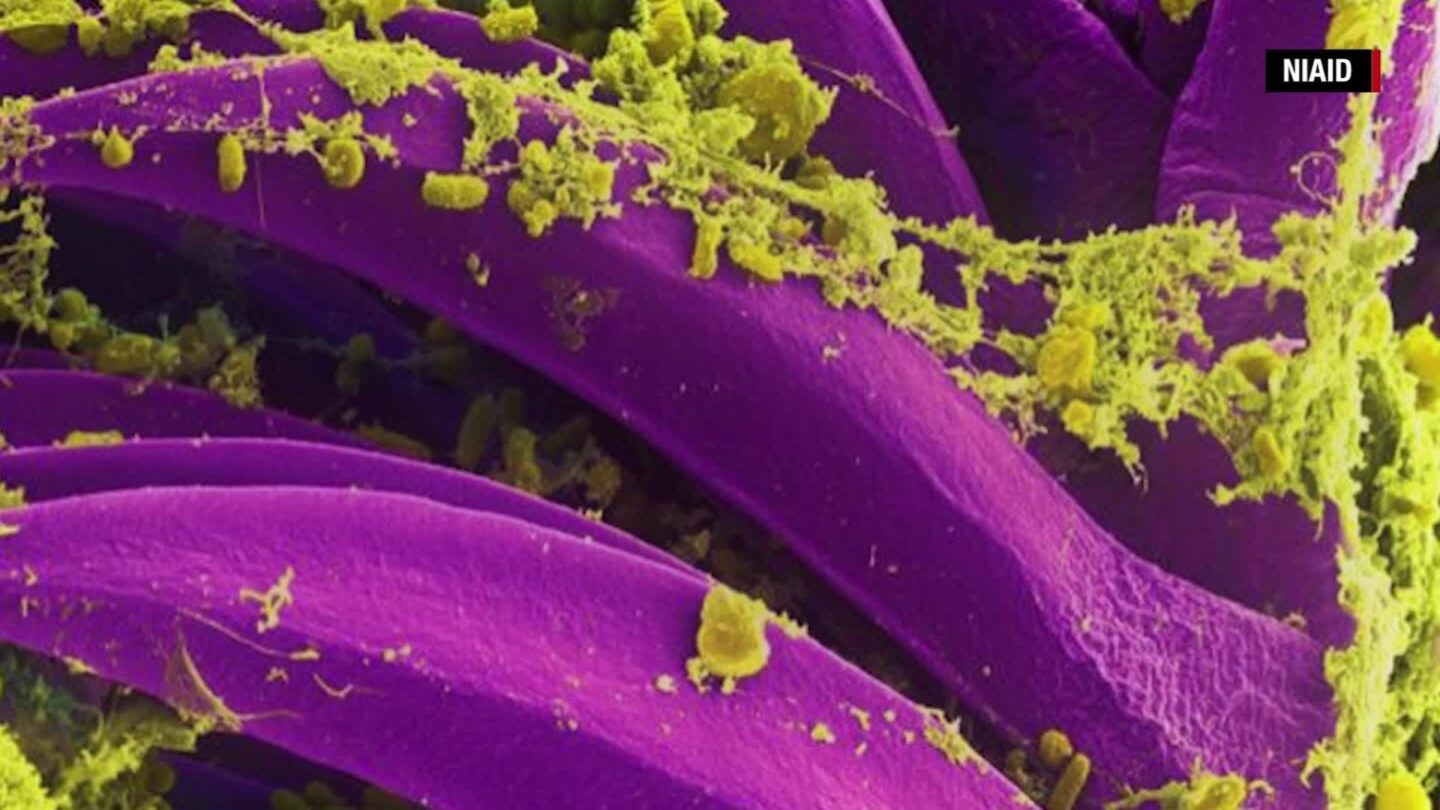New Mexico reports a case of human bubonic plague

NEW MEXICO – The New Mexico Department of Health reported that the first case of bubonic plague occurred over the weekend in a Torrance County resident, who is currently hospitalized and recovering.
The patient is believed to have received flea bites from a pet or domestic animal with whom he lived.
The case was studied by the New Mexico Division of the Scientific Laboratory, which confirmed the case of bubonic plague, so now an environmental investigation will be carried out at the patient’s residence to find out if there is a continuing risk in family members, neighbors and people with whom you have had physical contact will also be checked.
This is a bacterial disease of wildlife that mainly attacks rodents, transmitting it to humans and pets through infected flea bites, there is also a risk when pets get on the bed and leave their infected fleas there.
Some of the symptoms of human bubonic plague is the sudden onset of chills, headache and weakness, but in most cases there is a painful swelling of the lymph node in the groin, armpit or neck areas.
If the disease appears in dogs and cats, they will also have fever, lethargy and loss of appetite, in addition there may be swollen lymph nodes under the jaw.
If treated in time, the infection may not be fatal, therefore a timely diagnosis is required as soon as the first symptoms appear.
During 2020, there were five cases of plague in humans, one of them corresponded to a 29-year-old man, a resident of Río Arriba County, who lost his life, another case was a 67-year-old woman who did not survive either, the other three reports are from people who managed to get over it.
David R. Scrase, Acting Secretary of the Department of Health, said that despite the pandemic, other diseases can occur and we must work on detection and prevention from home.
To avoid this plague it is important to carry out preventive actions such as avoiding contact with sick or dead rodents and rabbits, as well as their nests and burrows. It is also important to prevent pets from chasing or hunting these animals.
It is recommended to go to the veterinarian to prescribe an appropriate product for flea control for pets.
Clean areas where rodents can live and stacks of hay, wood, and compost should be as far away from the home as possible.
It is not good to leave the food and water of the pet in places where rodents or wild animals can get and, if there are suspicions that they could be in contact, it is necessary that a veterinarian consult them immediately.
